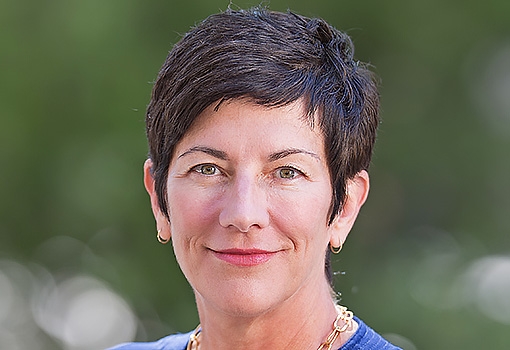Kyle Lewis, chair of the Technology Management Program at UC Santa Barbara, has received the highest honor for research involving system dynamics. The System Dynamics Society presented Lewis and Edward G. Anderson, a professor at University of Texas, Austin, with the Jay Wright Forrester Award for their paper “A Dynamic Model of Individual and Collective Learning Amid Disruption,” which was published in Organizational Science in 2014. The award dates back to 1983, but has only been given only five times in the past decade.
“It is an honor to be recognized for making an impact in organizational research with the use of system dynamics,” Lewis said. “The award is a testament to the high-quality and innovative work and research produced within TMP and the College of Engineering.”
System dynamics is a computer-aided approach to modeling phenomena that occur over time with feedback. It applies to problems that arise in complex social, managerial, economic, or ecological systems. System dynamics uses mathematical modeling and stresses a continuous view in order to find underlying patterns of policy and behavior.
Lewis and Anderson modeled the effects of disruptive events on learning and productivity in organizations at the individual and collective levels. They simulated the impact of events on productivity and performance, such as employee turnover, technological innovation, reorganization, and natural disasters.
“By simulating logic with mathematical reasoning, we were able to find patterns, supported by data, that you would not have observed directly,” said Lewis.
They found that collective and individual learning initially complement each other with respect to collective performance, but over time interact in complex ways. One implication of their results is that organizations that depend on expertise, knowledge, and knowhow as factors of production must consider how and when knowledge becomes embedded in collective structures – and not simply focus on individual employee learning and knowledge.
“The simulation results further show that dismantling organizational structures, such as teams and groups, can dramatically and negatively affect overall performance,” added Lewis. “Once collective structures are impacted, collective learning must begin again before performance can increase.”
Lewis and Anderson continue to use learning curves to model organizational phenomena and to answer questions about who in a hierarchy must possess more generalized versus specialized knowledge and under what conditions.

Kyle Lewis
